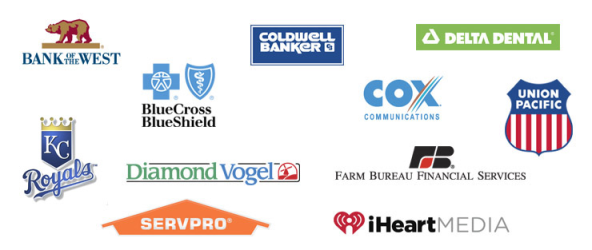By Jeff Beals
Yesterday was one of our full-day meetings for the Sales Leader Mastermind Group, a leadership program my company provides for executives who lead sales teams. Our mastermind discussions are always fascinating, but a particular topic came up that always rankles me: RFPs. One of my members was lamenting that RFPs were becoming more common in his industry.
I find everything about the Request-for-Proposal (RFP) process to be irritating, and I rarely respond to them. Clients who expect me to participate in an RFP are generally not good candidates for my customized services.
I hate RFPs, because they are one-sided, manipulative tools that reduce your offerings to disposable commodities and ultimately deliver mediocre results to the client. Everybody loses in the RFP process:
- A company decides it needs a new vendor, so several employees sit down and think of all the things they do and don’t want and then dream up a bunch of hoops for would-be vendors to jump through.
- They send the RFP to every potential vendor they can think of.
- Prospective vendors practically do backflips trying to meet all the RFP requirements and end up rushing to meet the deadline.
- The company that issued the RFP then examines all the proposals that were submitted and compares them. Ultimately, they decide that some of the proposals are basically offering the same products/services, so they choose the lowest-priced bid.
- And it can get even worse. The finalists are sometimes pitted against each other in a bidding war to see who is willing to discount their price to the lowest number. It’s a race to the bottom.
- The “winner” ends up doing a lot of work for too little money.
- The client gets a product or service that is watered down or delivered by an inferior vendor who was willing to “give away the farm” in order to get the business.
This is not a recipe for happiness and high profitability.
Generally speaking, I recommend you respond to RFPs only when your relationship with the client is so strong that you are essentially guaranteed of winning. Some companies have policies requiring that vendor relationships go out to bid periodically. If this is the case at one of your best client companies, tell them you will help write the RFP. You can then write the RFP to favor you and the way you do business.
If you don’t write the RFP, or at least have heavy influence on the RFP, it very well could be an expensive waste of your time replying to the RFP. An exception would be when the RFP is a mere formality designed to make shareholders feel better and you are the pre-chosen winner.
Now, I realize that there are some industries where RFPs are a rooted part of the culture. In other words, they’re so common that there’s no getting around them. That’s not the case in most industries. When at all possible, avoid RFPs. You have little chance of winning. Meanwhile, you spend tons of time and money preparing a proposal and get no revenue in return. If by some miracle, you are chosen, you’re probably going to get skewered on price.
When at all possible, just say “no” to RFPs!
The Top 41 Motivational Speakers
ResourcefulSelling.com just published its list of “Top 41 Motivational Speakers Who Can Energize Any Sales Team.” Guess who made the list!
Check it out by clicking HERE.
Jeff Beals helps you find better prospects, close more deals and capture greater market share. He is an international award-winning author, sought-after keynote speaker, and accomplished sales consultant. He delivers compelling speeches and sales-training workshops worldwide. He has spoken in 5 countries and 41 states. A frequent media guest, Jeff has been featured in Investor’s Business Daily, USA Today, Men’s Health, Chicago Tribune and The New York Times.








